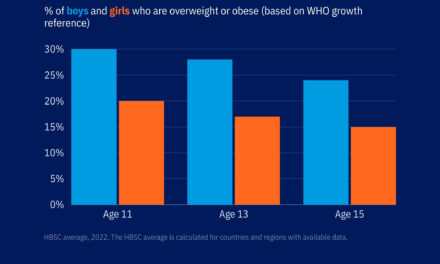Anger, a complex emotion with potentially harmful consequences if not managed properly, has long been associated with the idea of venting – the act of expressing anger in hopes of releasing it. However, recent research suggests that this common practice may do more harm than good.
Contrary to popular belief, venting anger does not effectively diminish feelings of anger. In fact, it can exacerbate aggression and stress, ultimately leading to adverse outcomes. Instead, strategies that focus on reducing physiological arousal, such as deep breathing, mindfulness, meditation, and yoga, prove to be far more beneficial.
Professor Brad Bushman from The Ohio State University emphasizes that venting anger is counterproductive, despite the widespread belief in its effectiveness. According to Bushman, activities that decrease arousal levels are more effective in reducing anger. This sentiment is echoed by Sophie Kjærvik, a postdoctoral fellow at Virginia Commonwealth University, who conducted a comprehensive review analyzing data from over 150 studies involving more than 10,000 participants.
The study underscores the importance of distinguishing between arousal-increasing and arousal-decreasing activities. While activities like jogging and hitting a bag may seem like appropriate outlets for anger, they actually increase arousal levels, making them counterproductive. In contrast, relaxation techniques, mindfulness, and yoga are effective in lowering the body’s arousal state, thereby reducing anger.
Interestingly, the study found that some activities traditionally thought to increase arousal, such as yoga, can have calming effects due to their emphasis on controlled breathing and focused attention. This suggests that even seemingly stimulating activities can help in reducing anger when practiced mindfully.
The implications of this research extend beyond anger management, offering practical advice for dealing with stress and aggression. By prioritizing calming strategies that are accessible and effective, individuals can better cope with anger and its associated risks. With many arousal-decreasing interventions being readily available, such as relaxation techniques and mindfulness apps, managing anger has never been more accessible.
In a fast-paced and stressful society, understanding and applying these insights can significantly improve how we manage anger and aggression. By embracing calming strategies over venting, individuals can foster healthier coping mechanisms, benefiting both themselves and those around them.
The full study, published in the journal Clinical Psychology Review, provides valuable insights into the science of anger management and the importance of physiological arousal regulation.











